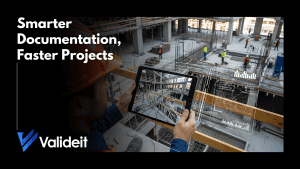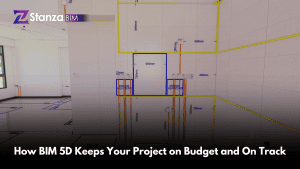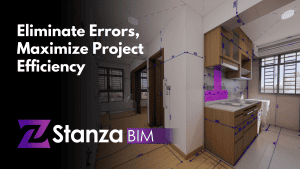In the dynamic world of construction, lean construction principles have gained significant recognition for their ability to transform projects, enhancing client satisfaction and contractor profits. Lean construction is more than a philosophy; it’s a strategic approach that prioritizes value creation, waste reduction, and continuous improvement. A 2021 survey conducted in America underscored the advantages of lean construction methods.
This survey revealed that among contractors who adopted “high intensity” lean practices, 60% reported increased profitability compared to conventional methods. Furthermore, 56% noted that project quality exceeded expectations, while 41% successfully completed projects ahead of schedule. Additionally, a significant 73% expressed their willingness to collaborate again with the same companies, showcasing the potential for long-lasting partnerships nurtured by lean practices. Overall, Lean construction has led to improved project quality, accelerated timelines, and higher profitability. In this context, the integration of robust project management common data environment software like Valideit can further amplify the benefits of lean construction, creating a holistic approach to project excellence.
Valideit, a comprehensive project management common data environment software, has emerged as a game-changer for the construction industry. By seamlessly aligning with lean construction principles, Valideit can empower contractors, project managers, and stakeholders to maximize efficiency, productivity, and collaboration.
1. Enhanced Collaboration: Valideit’s real-time communication and document-sharing features align with lean construction’s emphasis on collaboration. Stakeholders can access a centralized platform to share information, provide updates, and foster transparent communication throughout the project lifecycle.
2. Visual Management: Just as lean construction relies on visual tools to represent project progress, Valideit is equipped with a highly customizable eProgress function that provides instant insights into project status, allowing teams to address bottlenecks and track progress swiftly.
3. Scheduling Management: Planned and Actual data are validated in real-time, allowing Total Project Governance throughout the project’s lifecycle. This empowers project teams to collaboratively plan tasks, allocate resources, and adjust plans based on real-time project needs.
4. Data-Driven Decision Making: Leveraging Valideit’s centralized data and analytics capabilities, construction professionals can make informed decisions aligned with lean principles. By identifying areas of waste and opportunities for improvement, teams can optimize processes and enhance project outcomes.
5. Flexibility and Adaptability: Valideit’s flexibility mirrors lean construction’s adaptability. As project conditions evolve, the software enables real-time adjustments to schedules and plans, ensuring efficient responses to changing circumstances.

As the construction industry evolves, the symbiotic relationship between lean construction and advanced project management tools becomes increasingly evident. The 2021 survey’s findings underscored the significant advantages of lean practices, from increased profitability to improved project quality. Integrating Valideit into the lean construction approach further amplifies these benefits, offering enhanced collaboration, data-driven insights, and real-time adaptability. By leveraging Valideit’s capabilities, construction professionals can create a seamless synergy between lean principles and cutting-edge technology, ultimately achieving higher levels of efficiency, productivity, and client satisfaction.










